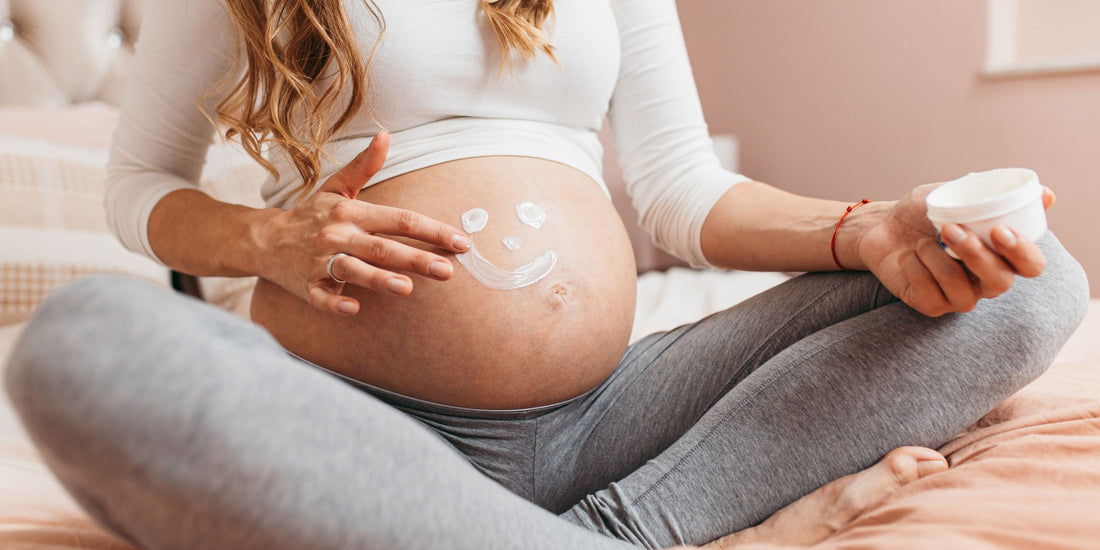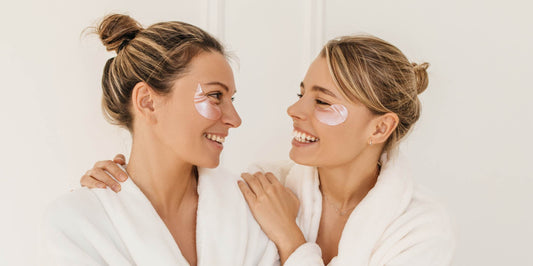Pregnancy is a time of immense joy and anticipation, but it also demands a careful reconsideration of your skincare routine. Certain ingredients commonly found in skincare products can pose risks during pregnancy, affecting not just maternal health but also the well-being of the developing baby. Here, we explore these ingredients and offer safe, effective alternatives to ensure both safety and radiant skin.
Ingredients to Avoid
-
Retinoids
Why to avoid: Found in many anti-aging products, retinoids like retinol and tretinoin are linked to birth defects when used in high doses. Safe substitutes: Opt for bakuchiol, a natural compound that mimics the skin-renewing benefits of retinoids without the associated risks. -
High-dose Salicylic Acid
Why to avoid: While low-dose topical salicylic acid is generally considered safe, high concentrations (such as in peels) should be avoided due to potential risks. Safe substitutes: Glycolic acid offers a gentler way to exfoliate and treat acne without the risks associated with salicylic acid. -
Hydroquinone
Why to avoid: This skin-lightening agent is absorbed significantly into the skin and can pose risks during pregnancy. Safe substitutes: Vitamin C is an effective alternative that can help to brighten and even skin tone safely. -
Phthalates
Why to avoid: Common in fragranced products, phthalates are linked to hormonal disruptions and potential developmental issues. Safe substitutes: Look for phthalate-free products and opt for natural fragrance alternatives like essential oils. -
Formaldehyde and its releasers
Why to avoid: Used as a preservative, formaldehyde and compounds that release formaldehyde can be carcinogenic and irritate the skin. Safe substitutes: Choose products preserved with natural ingredients like vitamin E or rosemary extract. -
Chemical Sunscreens (Oxybenzone, Avobenzone)
Why to avoid: These chemical filters can absorb into the skin and potentially disrupt hormones. Safe substitutes: Mineral-based sunscreens with zinc oxide or titanium dioxide offer effective protection without chemical absorption.
Making Safe Choices
When adjusting your skincare routine during pregnancy, the first step is always to consult with your healthcare provider. They can offer guidance tailored to your specific health needs and skincare concerns. Additionally, opting for products labeled as "clean," "natural," or specifically designed for pregnancy can further minimize risks.
Remember, the key to safe skincare during pregnancy doesn't mean you have to compromise on maintaining your glow. By choosing the right ingredients and substitutes, you can care for your skin while keeping safety paramount. Always read labels carefully and prioritize products with transparent ingredient lists and reputable safety profiles.






